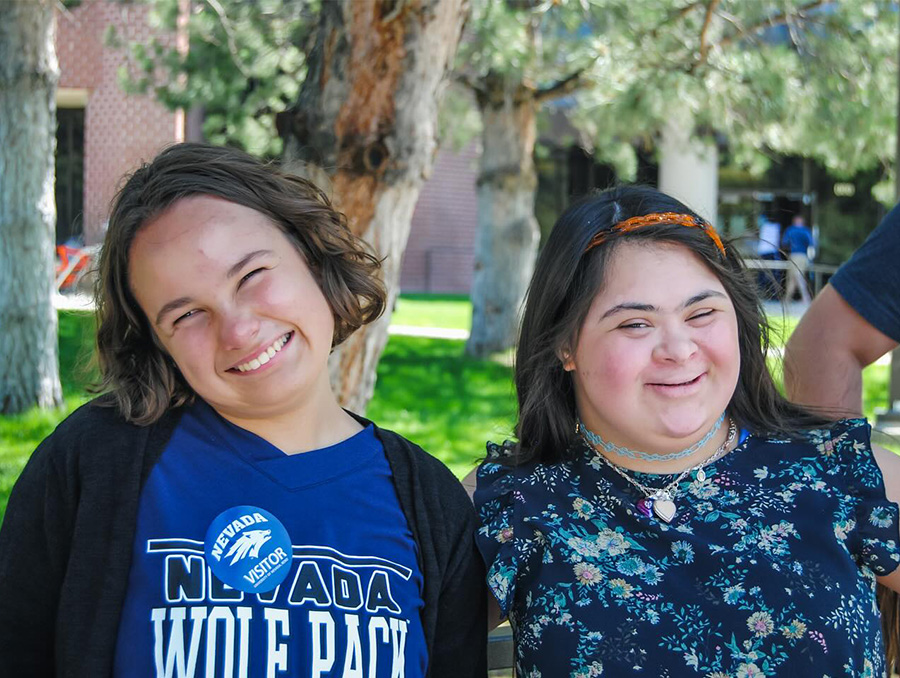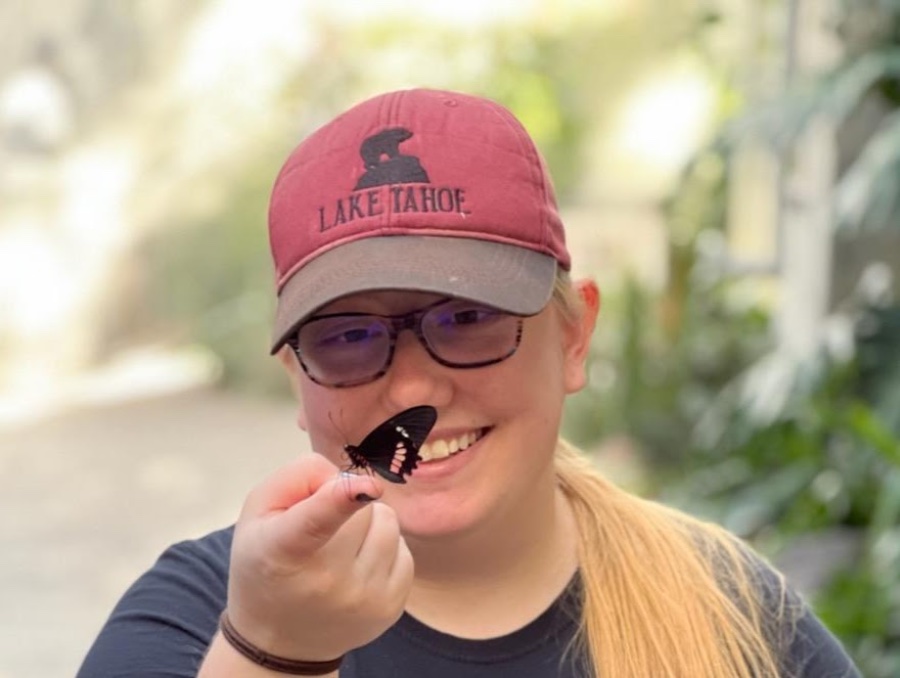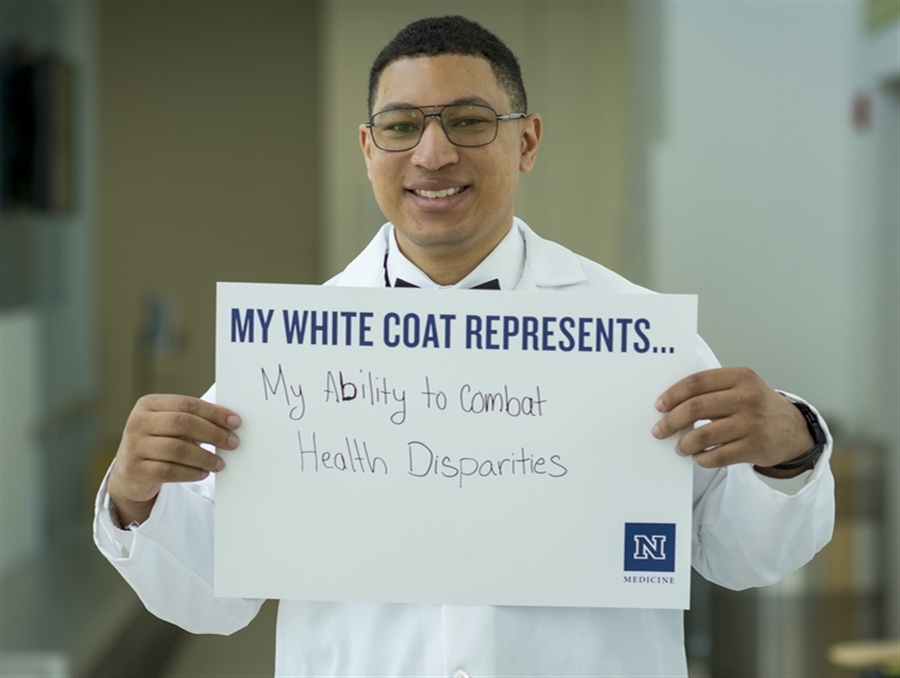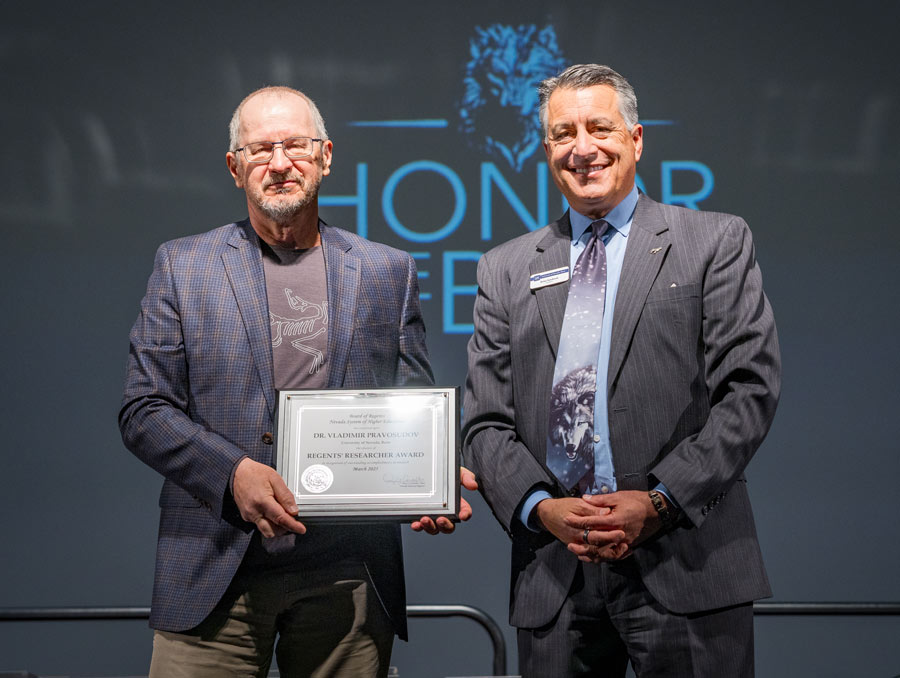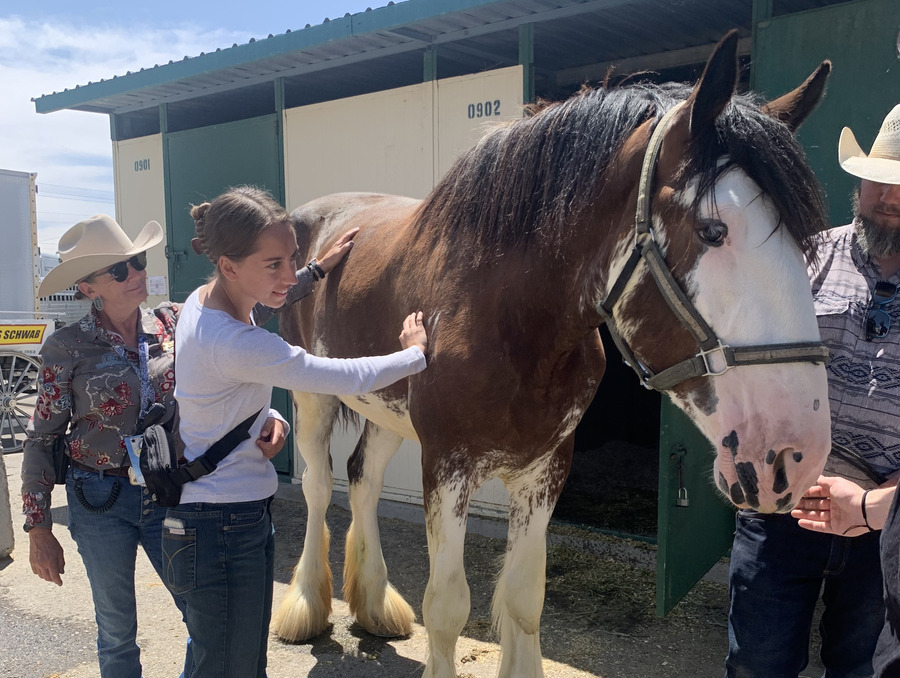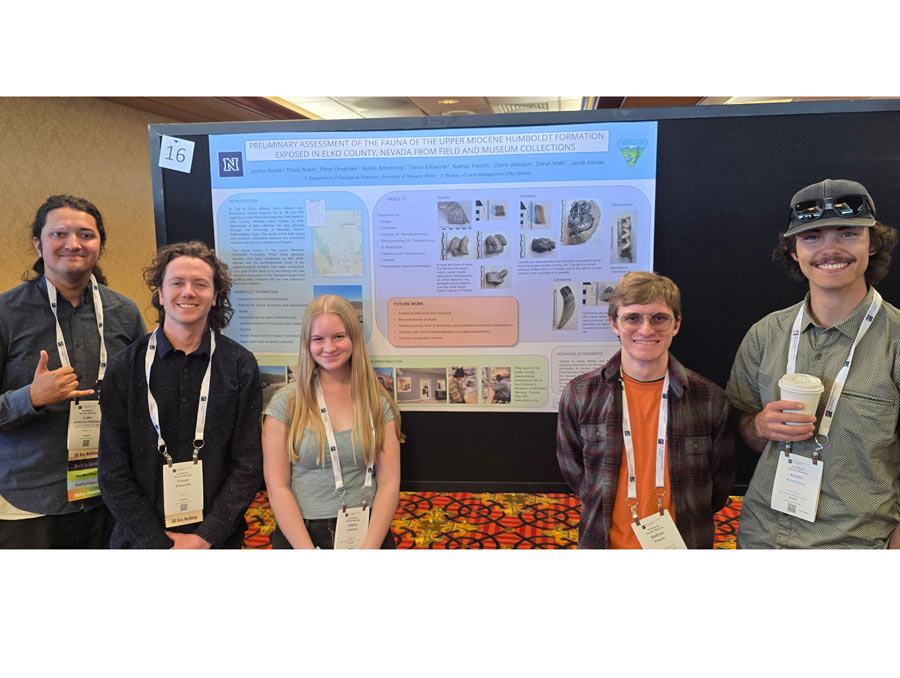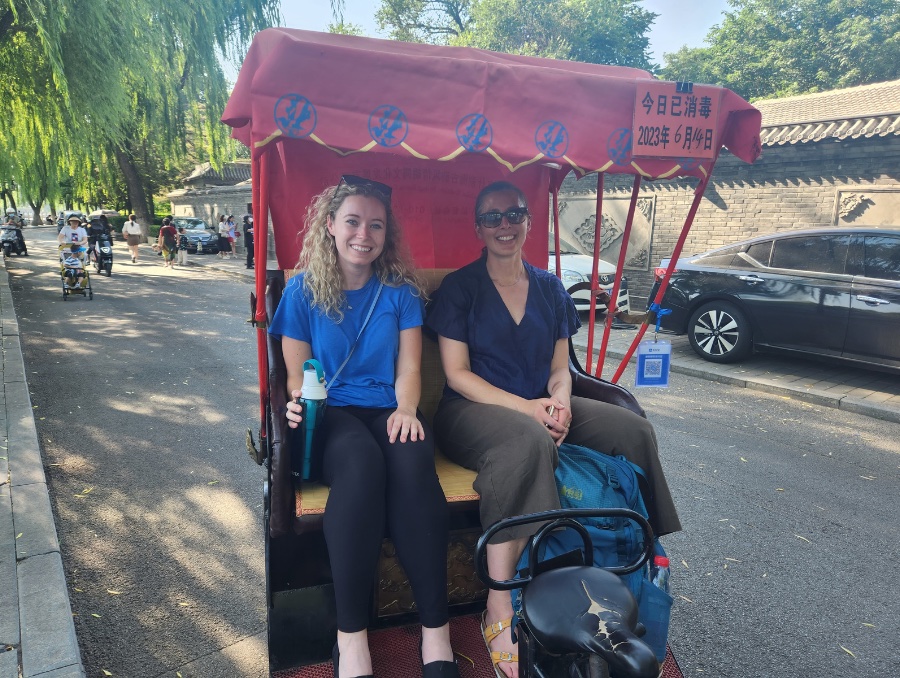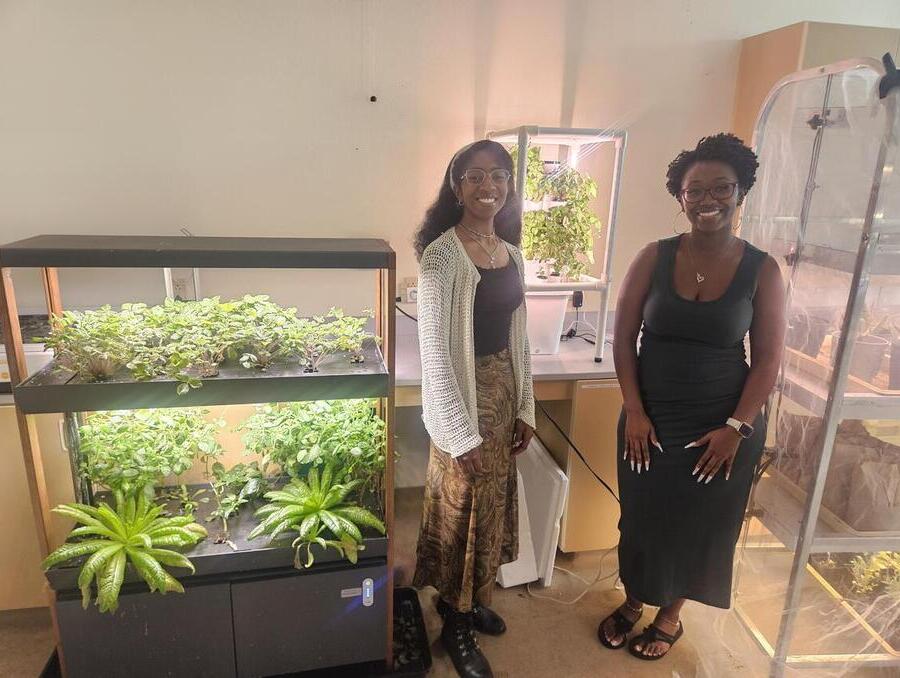When Sarah Carl walks across the stage at graduation on May 16, she'll be walking toward an exciting future.
Carl, who will graduate with a bachelor's degree in chemical engineering, will be headed to the University of Michigan to pursue her Ph.D. in chemical engineering.
As the recipient of a Rackham Engineering Award, she'll have the financial support to follow her research interests, which include work on energy-related biofuel conversion. Additionally, Carl, who also graduates with a minor in renewable energy, hopes to do some international research, learning about energy technologies and policies in Japan or the European Union.
"Nevada did a great job educating me," she said. "I had a full ride here, I had some scholarships, a Presidential Scholarship, and with financial aid, I'm going to graduate with no debt."
Carl was able to take advantage of a number of University programs and scholarships, including the McNair Program and the E-Scholars program.
Carl credits the E-Scholars program with convincing her to pursue a career in renewable energy.
"I was interested before, but they really secured that interest with all of their activities," Carl said.
As an E-Scholar, Carl was part of cohort of about 20 incoming freshmen in 2010 who benefited not only from financial support but also a range of specially designed field trips and support programs. The program was the result of a one-time $600,000 grant from the National Science Foundation to support historically underrepresented groups in engineering.
During her sophomore year, Carl was named as a McNair scholar. The McNair Program, named for astronaut Ronald E. McNair, who perished aboard the Challenger in 1986, provides resources and support for first-generation, low-income and underrepresented college students interested in pursuing a Ph.D.
"They helped me figure out what graduate school will entail, the application process, that, yes, I actually do want to do this," said Carl.
Thanks to programs like these, Carl has amassed a considerable amount of research experience as an undergraduate, with a summer research internship at Stony Brook University before her junior year. Then, as a junior, Carl began working in Hongfei Lin's lab doing research related to catalysis to convert biomass to valued chemicals.
"Sarah has been working as a McNair Scholar and an undergraduate student researcher in my group for two years," said Lin. "She is a very self-motivated student and has a clear career goal to pursue an academic job in future. I'm glad she chose University of Michigan to continue her graduate study. I wish her success."
Reflecting on her time at the University, Carl appreciates her challenges as much as her successes. Her favorite class was a particle technology class taught by Charles Coronella, which she called stressful but rewarding.
Carl credits Lin with encouraging her to pursue research, including helping her apply for an EPSCoR grant, which she received.
"He has provided me great guidance," she said. "The people in his lab are great. They really like what they're doing. They work so hard, Dr. Lin, the whole lab. It gives me a good perspective of what will be expected of me in graduate school. It will be tough at times but it will come out well in the end.

